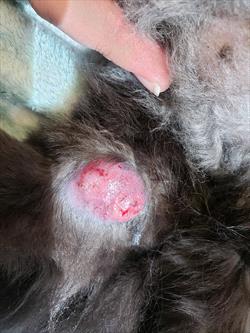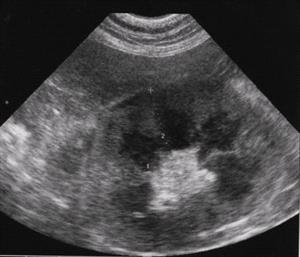Lymphoma accounts for one third of all cancers developed by cats. Lymphoma is the most common feline neoplasm.

Gastrointestinal Lymphoma In Cats - Vetfolio
Presenting complaints in cats depends on the form of lsa affecting the patient.

Gi lymphoma in cats bloodwork. This term describes lymphoma that affects the gastrointestinal tract. The two types of gi lymphoma are small cell lymphoma and large cell lymphoma. Over time, it can grow large and put pressure on the lungs.
One study found that of cats with lymphoma that had endoscopic biopsies performed, 39% of cats had lymphoma confined to the duodenum, 44% had lymphoma confined to the ileum, and only 17% had lymphoma affecting both locations. Inflammatory bowel disease may ultimately progress to lymphoma, but this theory is not proven. This disease can, therefore, vary from something which cats can live with for some time without illness to a rapidly progressive and fatal condition.
This is where the steroids come in, they act to reduce inflammation and correct the absorption imbalance. As the gi form is the most common, signs include any or all of the following:. B12 injections, easy to do at home aid in nutrient absorption.
Maintenance therapy should be continued monthly in patients with persistent deficiency (defined as a serum cobalamin concentration < 500 measured at least 2 Small cell lymphoma is similar to ibd in cats. The fluid can be tapped but it will be back without treatment.
The history, clinical signs, and results of blood work and imaging for these conditions are nonspecific and often overlap. Intestinal lymphoma is the most common form of lymphoma in cats. Blood work can be useful for diagnosing feline intestinal lymphoma.
Lymphoma is one of the most common types of cancers found in cats. They are usually quite ill and the symptoms can be dramatic. In many cases, the underlying cause of feline lymphoma cannot be determined.
Large cell lymphoma in cats is far more aggressive and has a poorer prognosis. 10 while obtaining biopsies from both the upper and lower gastrointestinal tracts is ideal, sometimes gastroduodenoscopy. Gastrointestinal lymphoma is often referred to as either well differentiated (low grade or lymphocytic), poorly differentiated (high grade, lymphoblastic, or immunoblastic), and.
Your cat's weight loss is concerning as it suggests the inflammation of the gi tract has reached the point where your cat can't absorb enough nutrients to maintain weight. In some cases, feline lymphoma can be diagnosed with a fine needle aspirate. However, several known factors may predispose a cat to lymphoma.
Lymphoma is, by far, the most common intestinal cancer in cats. Lymphoma is a cancer of a specific white blood cell called the lymphocyte. It is also the most common form of gastrointestinal neoplasia in cats.
There were 120 cats included in the study; Cats with feline leukemia virus (felv) or feline immunodeficiency virus (fiv) are more likely to develop lymphoma. Therefore, clinical signs of lymphoma are often similar to other intestinal diseases.
My blood was ok beside the d dimer which was 1.78. They are found throughout the body and are responsible for helping the body fight off infections. This is a spectrum of diseases including low grade lymphoma, high grade lymphoma and large granular lymphocyte lymphoma (lgl).
Inflammatory bowel disease (ibd) and small cell lymphosarcoma (sclsa) are common causes of chronic gastrointestinal (gi) tract disease in cats. It is often a chronic condition,. Your veterinarian also may perform baseline screening bloodwork before testing for lymphoma, in order to assess your cat's overall health and rule out other causes of your cat's clinical signs.
It is a cancer of the lymphocytes, which are white blood cells that are part of the immune system. Feline gi lymphoma is histologically classified as low, intermediate or high grade according to the size and anaplasticity of the neoplastic lymphoid cells. After a thorough diagnostic worku.
Gastrointestinal lymphoma is a common type of cancer of older cats. When the mediastinal lymph nodes become infiltrated with lymphoma, a mass is apparent in the mediastinum and a cancerous fluid fills the chest, restricting breathing. Common sites of lymphoma in cats include:
Summary of gastrointestinal lymphoma in cats. The mean age was 12.2 years (sd 4.0 years; Lymphoma is one of the most common types of cancers found in cats.
Intestinal lymphoma originates in the gi tract, and will often be accompanied by severe gastrointestinal symptoms.

Feline High-grade Lymphoma Lymphoblastic Lymphoma Lb Mediastinal Download Scientific Diagram

Feline High-grade Lymphoma Lymphoblastic Lymphoma Lb Mediastinal Download Scientific Diagram

How To Diagnose Feline Intestinal Lymphoma 9 Steps

Lymphoma In Cats - The Conscious Cat
Cutaneous Lymphoma In Cats - Veterinary Partner - Vin

Gastrointestinal Lymphoma In Cats - Vetfolio

Lymphoma In Cats Small Door Veterinary
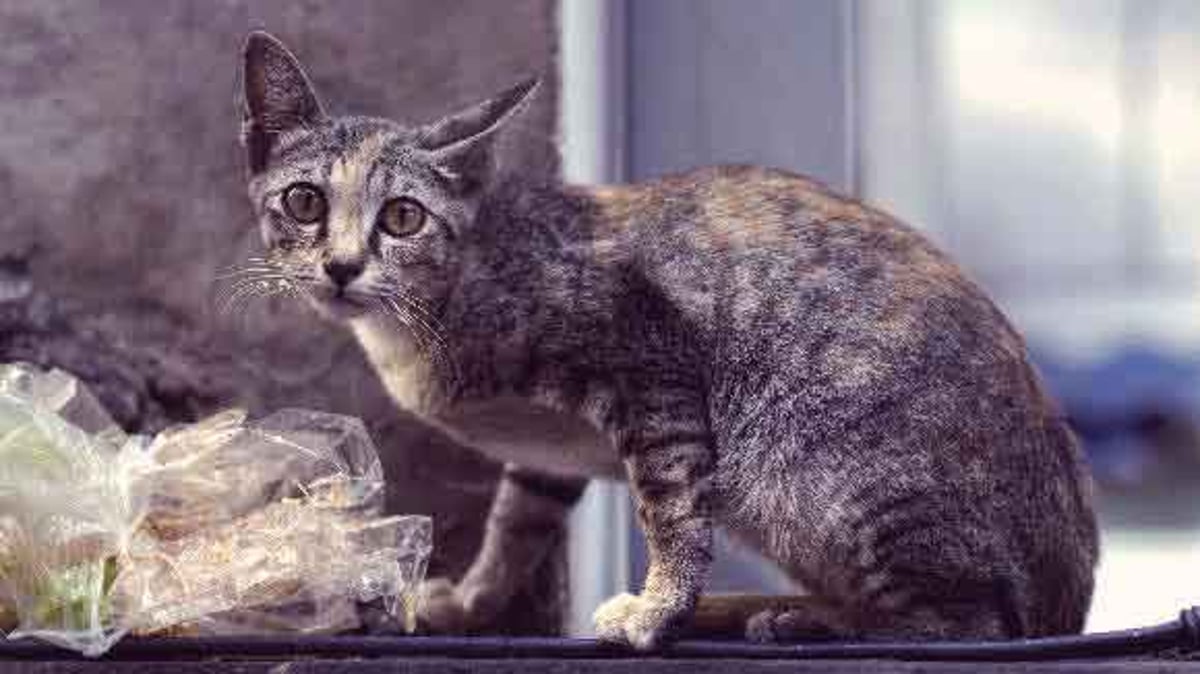
7 Signs Of Feline Lymphoma Petcarerx
Lymphoma In Cats - Veterinary Partner - Vin

How To Diagnose Feline Intestinal Lymphoma 9 Steps

Pdf Feline Discrete High-grade Gastrointestinal Lymphoma Treated With Surgical Resection And Adjuvant Chop-based Chemotherapy Retrospective Study Of 20 Cases
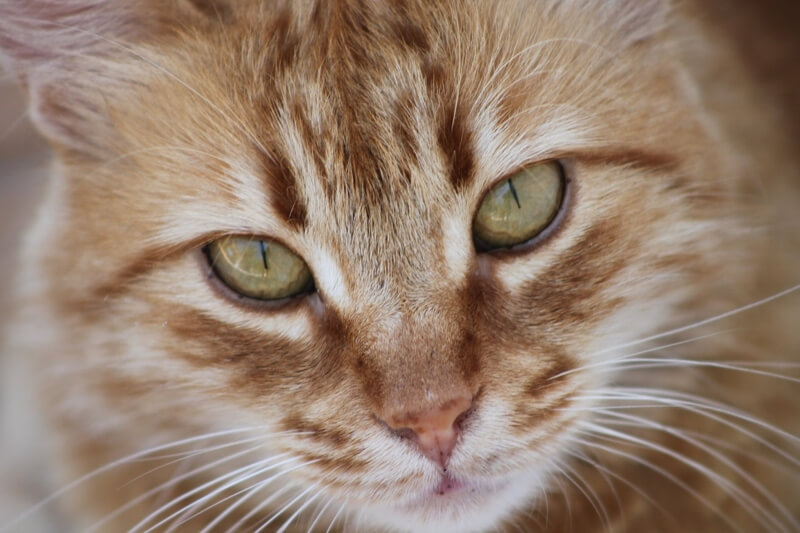
Understanding Lymphoma In Cats
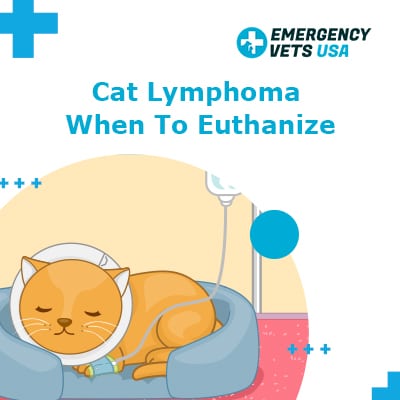
Cat Lymphoma When To Euthanize Our Opinion

Pdf Feline Alimentary Lymphoma 1 Classification Risk Factors Clinical Signs And Non-invasive Diagnostics

Lymphoma In Cats - Atlantic Veterinary Internal Medicine

Lymphoma In Cats Petmd
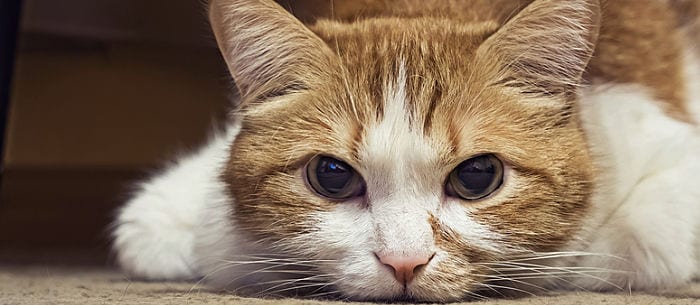
Lymphoma In Cats Everything You Need To Know - Carecom Resources

Gastrointestinal Lymphoma In Cats - Vetfolio
Lymphoma In Cats - Veterinary Partner - Vin
Gi Lymphoma In Cats Bloodwork. There are any Gi Lymphoma In Cats Bloodwork in here.
